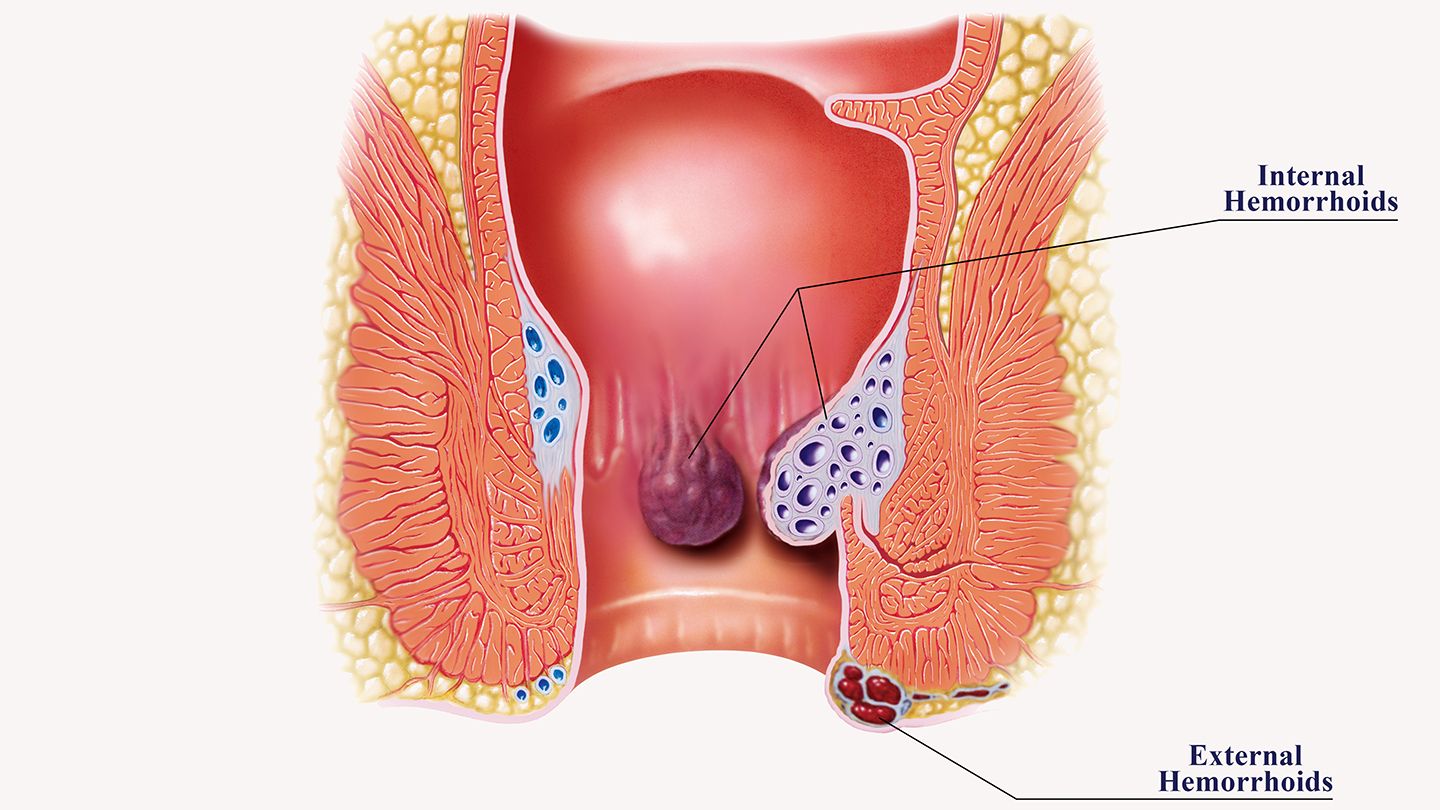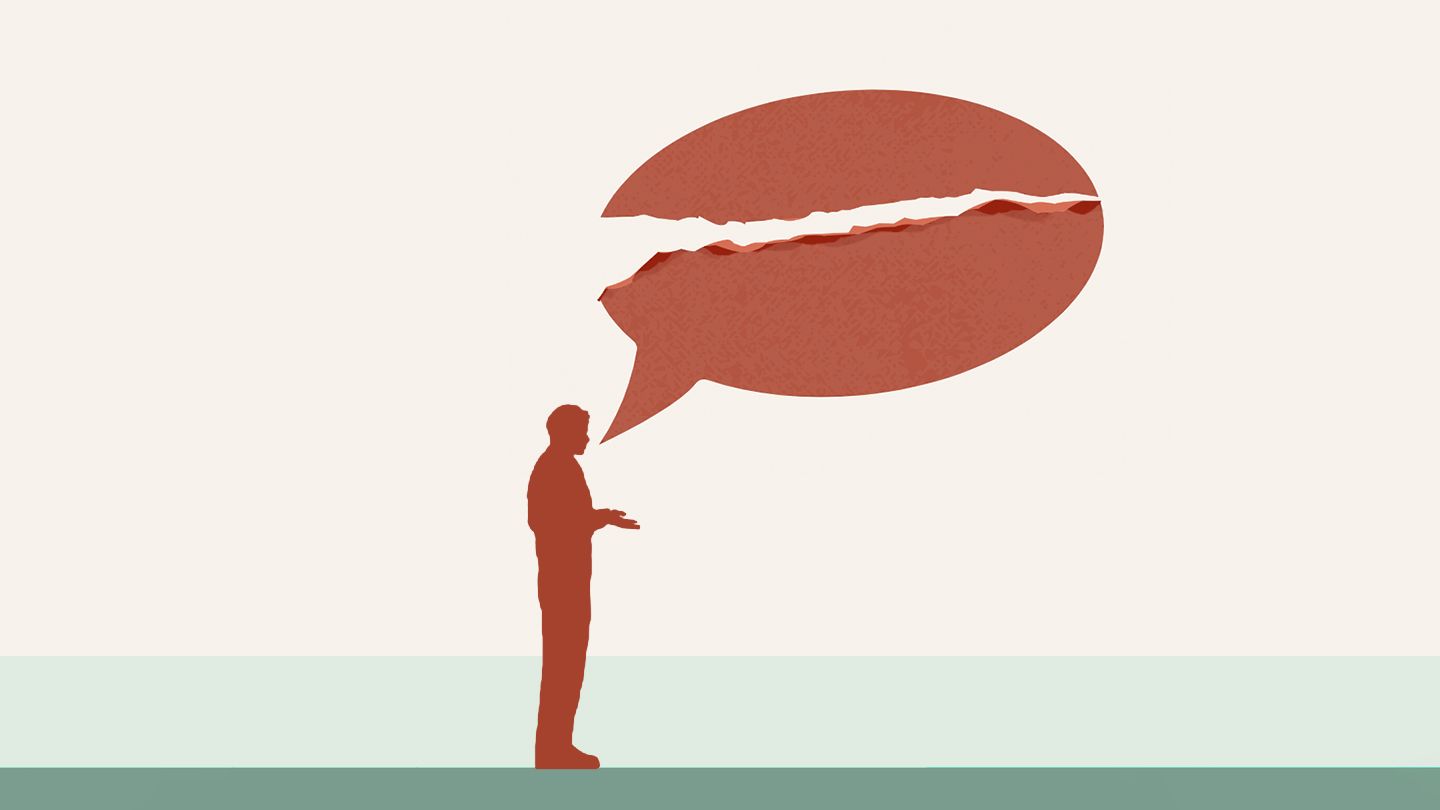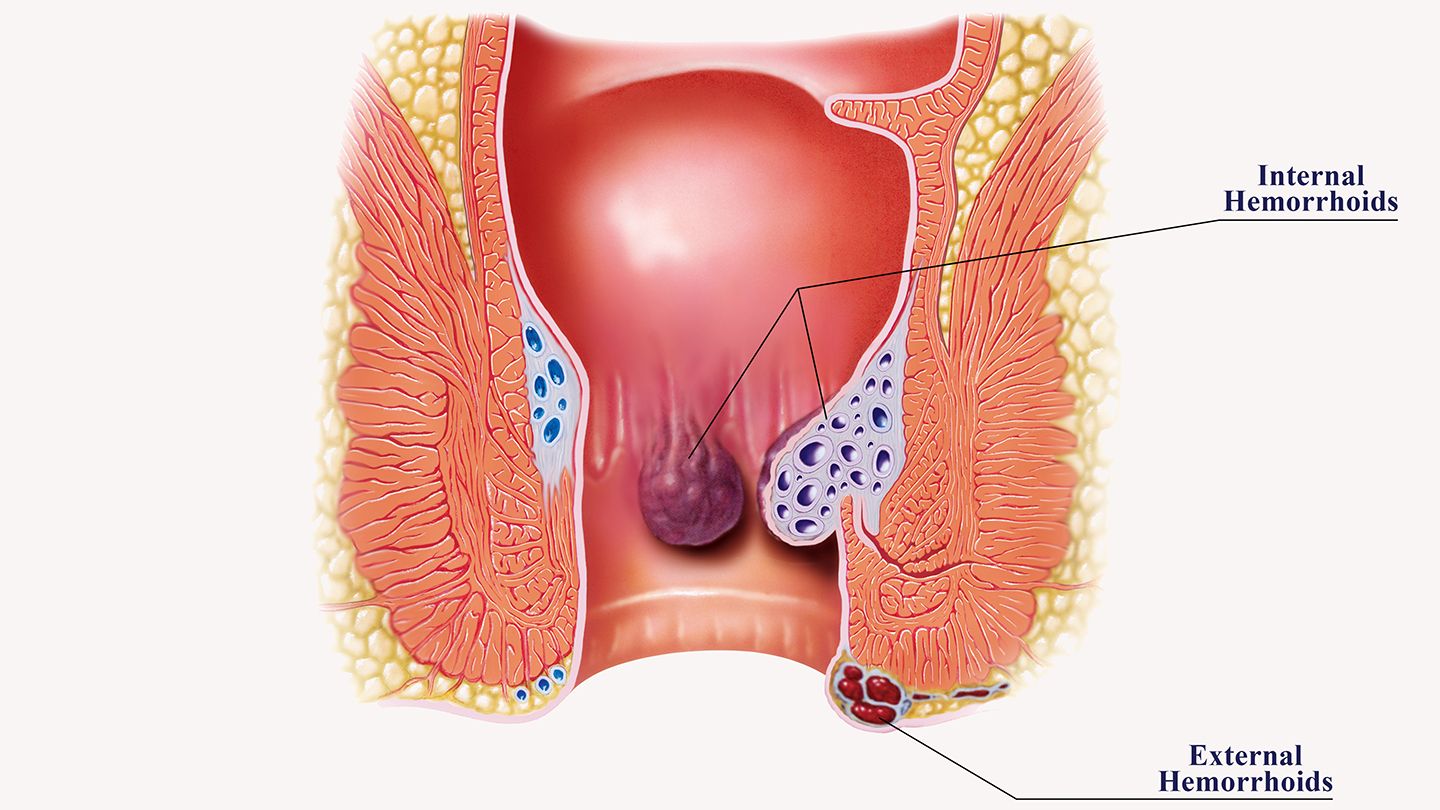Understanding Hemorrhoids and Prostate Pain
Hemorrhoids are swollen veins that develop around the anus and lower rectum, while prostate pain refers to discomfort in the prostate gland. At first glance, these two conditions appear quite different, but some men wonder if hemorrhoids can lead to prostate issues.
There is no direct link between hemorrhoids and prostate pain. However, these conditions share some similarities that may make hemorrhoids worsen prostate symptoms indirectly in some cases.
What Are Hemorrhoids?
Hemorrhoids occur when the blood vessels around the anus or lower rectum become enlarged and swollen. This swelling is caused by increased pressure in these veins.
Common causes include:
- Straining during bowel movements
- Sitting for long periods
- Chronic constipation or diarrhea
- Obesity
- Pregnancy
As the hemorrhoid veins swell, they can develop into a type of hemorrhoid called internal hemorrhoids. These may protrude from the anus during bowel movements. External hemorrhoids also occur under the skin around the anus.
Hemorrhoids often cause symptoms like:
- Itching and irritation around the anus
- Painful bowel movements
- Blood on toilet paper or in the toilet bowl
- A feeling of fullness around the anus
For temporary relief, over-the-counter topical ointments, creams, or suppositories containing hydrocortisone can help reduce inflammation and discomfort. More serious cases may require procedures like rubber band ligation or surgery to remove the hemorrhoids.
What Is Prostate Pain?
The prostate gland is a small, walnut-sized organ located below the bladder in men. It surrounds the urethra and produces fluid that nourishes and protects sperm.
Prostate pain can have many causes, including:
- Benign prostatic hyperplasia (BPH) - enlargement of the prostate that puts pressure on the urethra
- Prostatitis - inflammation or infection of the prostate
- Bladder stones
- Bladder infections
- Prostate cancer
Symptoms associated with prostate pain include:
- Burning or pain during urination
- Difficulty urinating or sudden urges to urinate
- Frequent urination, especially at night
- Blood in urine or semen
- Discomfort in the lower abdomen, pelvis, or rectal area
Treating prostate pain involves identifying and addressing the underlying cause. Antibiotics, alpha blockers, pain medications, and surgeries are some approaches used for chronic prostate conditions.
The Relationship Between Hemorrhoids and Prostate Issues
At first, it may seem that swollen hemorrhoid veins would have little to do with prostate pain. But a few connections could explain why some men with hemorrhoids experience worsening prostate symptoms:
Straining During Bowel Movements
Straining to pass hard stools is a leading cause of hemorrhoids since it increases pressure in the veins around the anus. But it can also put extra strain on the prostate gland nearby.
Repeated straining may indirectly irritate the prostate and surrounding muscles. This could worsen urinary issues in men who already have enlarged prostates or prostate inflammation.
Difficulty Completely Emptying the Bowel
Large internal hemorrhoids can partially block or make it harder to fully empty the bowel. When stool gets left behind in the rectum, it can press against the prostate gland.
This constant pressure from retained stool could create prostate discomfort, especially with underlying prostate enlargement. Incomplete emptying has also been associated with recurring prostate infections.
Pelvic Floor Dysfunction
The pelvic floor muscles support bladder control and bowel movements. Weakness in these muscles has been linked to both hemorrhoids and prostate issues.
Pelvic floor dysfunction could allow hemorrhoids to protrude more easily. It may also contribute to prostate inflammation and aggravate urinary symptoms from an enlarged prostate.
Kegel exercises to strengthen the pelvic floor may help minimize symptoms in both cases.
Rectal Spasms
Painful spasms can occur in the rectal muscles in response to bowel straining, constipation, and enlarged hemorrhoids. This discomfort is also registered by the nearby prostate.
Frequent rectal spasms could theoretically increase muscle tension and irritation around the prostate as well. This may worsen prostate pain symptoms.
Can Hemorrhoids Directly Cause Prostate Inflammation or Infection?
While hemorrhoids may aggravate existing prostate problems, they are unlikely to directly cause issues like prostate infections or inflammation.
The hemorrhoid veins and prostate gland do not directly interact or connect internally. And hemorrhoids themselves do not spread infection or influence bladder control.
However, in very severe cases, extremely large prolapsed internal hemorrhoids could potentially obstruct urine flow through the urethra. This would require immediate medical treatment.
Bleeding from hemorrhoids could also lead to blood in the urine. But this bleeding would originate from the anus rather than from the prostate itself.
When to See a Doctor
Prostate and hemorrhoid symptoms often respond well to at-home treatments, especially when caught early. But it's important to see a doctor if you notice any of the following:
- Severe pain or difficulty urinating
- Blood in urine or semen
- Fever, chills, or pus-like anal discharge
- Large internal hemorrhoids that won't go back inside
- Anemia from excessive hemorrhoid bleeding
These symptoms could indicate an underlying infection, blood clot, or other complication requiring medical treatment.
Preventing Hemorrhoids and Prostate Issues
While hemorrhoids themselves don't directly cause prostate problems, preventing hemorrhoids can still minimize prostate symptoms in some men.
Here are some tips to reduce your risk of developing hemorrhoids and prostate pain:
- Avoid straining during bowel movements by treating constipation proactively with more fiber, fluids, and exercise.
- Go to the bathroom as soon as you feel the urge to avoid letting stool sit in the rectum and press against the prostate.
- Kegel exercises can strengthen the pelvic floor to reduce hemorrhoid protrusion and prostate inflammation.
- Maintain a healthy weight to minimize pressure in the pelvic region.
- Limit time spent sitting on the toilet.
- Stay active with regular exercise.
- Follow up regularly with your doctor and report any urinary or bowel changes.
Conclusion
While hemorrhoids do not directly cause prostate pain or infection, they can indirectly worsen prostate symptoms in some cases. This often occurs when enlarged hemorrhoids create pressure in the pelvic region, aggravate urinary retention, or cause repeated straining.
Treating and preventing hemorrhoids can help minimize prostate discomfort. See your doctor promptly for evaluation if you experience blood in the urine or stool, inability to urinate, fever, or other concerning symptoms.
With proper care, it's often possible to manage both hemorrhoids and prostate problems for improved comfort and function.
Disclaimer: This article is for informational purposes only and does not constitute medical advice. Always consult with a healthcare professional before starting any new treatment regimen.
Related Coverage
Research suggests high stress levels may increase hemorrhoid risk. Stress can contribute through mechanisms like constipation, immunity changes, and blood flow disruption....
Many pregnant women safely bowl with proper precautions like using lighter balls, appropriate shoes, hydrating, and avoiding smoke-filled alleys. Learn expert advice on bowling while pregnant....
Hemorrhoids are swollen veins in the anus that can cause bleeding and pain. Learn about hemorrhoid causes, treatments, surgery, and prevention tips for men....
Don't let others limit you with labels, stereotypes and comparisons. Heal past pain, build confidence, follow passions - you are meant for greatness....
Frequent bowel movements and pooping a lot is common at 35 weeks pregnant due to physical and hormonal changes. Hemorrhoids are also likely as your uterus expands....
Chafing in the groin area is a common discomfort during pregnancy. Learn what causes it, prevention tips, home treatment options, and when to call the doctor....
If you notice a pink ring around the toilet while pregnant, higher estrogen and hCG likely caused temporary urine acidity changes interacting with porcelain. Learn when it warrants concern....
Kidney stones and hemorrhoids share several common causes like dehydration and straining. Learn how passing kidney stones can also lead to hemorrhoids....
Discover the truth that you are more than societal narratives and limitations have led you to believe, and unlock your boundless potential for growth, creativity, and self-actualization....
If you spot something resembling a kidney bean in the toilet after a bowel movement, it likely signals protruding hemorrhoids. Learn what causes them and treatment options....






